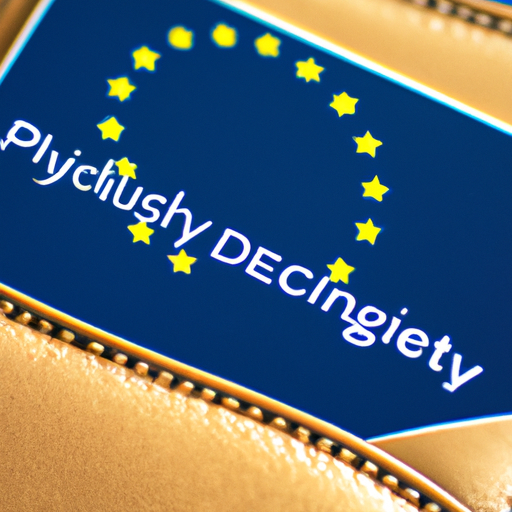EU Digital Identity Wallet to Stir Paytech Market
As technology continues to shape our lives, the European Union (EU) is exploring new avenues to streamline digital transactions and enhance security. The latest development comes in the form of an EU digital identity wallet, which is set to disrupt the paytech market and revolutionize how individuals engage in online financial activities.
The Benefits of EU Digital Identity Wallet
The EU digital identity wallet aims to provide a secure and convenient way for individuals to prove their online identity, ultimately reducing the need for multiple login credentials and paperwork. This digital solution will empower people to effectively manage their personal information while adhering to strict data protection regulations, as witnessed through the General Data Protection Regulation (GDPR).
This digital wallet will not only serve as a means for users to authenticate their identity but also facilitate smoother and faster online transactions. With this single digital identity, individuals can effortlessly access a wide range of public and private sector services, including financial institutions, government agencies, healthcare providers, and more.
The Impact on the Paytech Market
The introduction of the EU digital identity wallet is expected to significantly impact the paytech market. Currently, paytech companies struggle with the complexities associated with onboarding new customers, collectively wasting time and resources. The digital wallet will streamline this process, simplifying customer authentication for paytech firms and allowing them to focus on delivering an exceptional payment experience to their clientele.
Moreover, the EU digital identity wallet will foster trust among consumers by ensuring their personal data remains protected, thereby encouraging more individuals to actively participate in online transactions. This increased trust will ultimately lead to higher adoption rates of paytech solutions, further fueling market growth.
Challenges Ahead
Although the EU digital identity wallet presents immense potential, its implementation will face several challenges. The primary hurdle is encouraging widespread adoption across different member states, each with its own existing digital identity solutions and regulatory frameworks.
Additionally, ensuring interoperability between various platforms and systems will be crucial to avoid fragmentation within the digital identity landscape. Harmonizing standards and protocols, while respecting privacy and security concerns, will be essential to create a seamless experience for users.
The Future of Digital Identity
The EU digital identity wallet sets the stage for a more connected and secure digital future. It paves the way for a unified digital identity infrastructure that can be leveraged not only by citizens but also by businesses and institutions alike.
Looking ahead, this development may serve as a catalyst for other regions or countries to explore similar initiatives, leading to a global adoption of digital identity solutions. As the paytech market continues to evolve, the EU’s digital identity wallet serves as a major stepping stone towards building a trusted and interoperable digital ecosystem.
